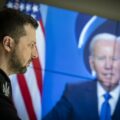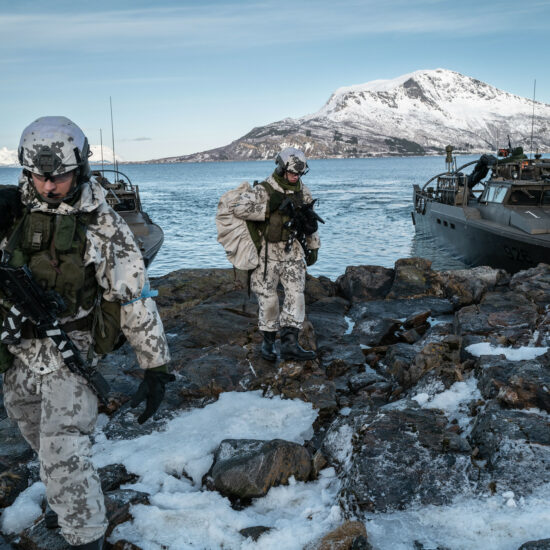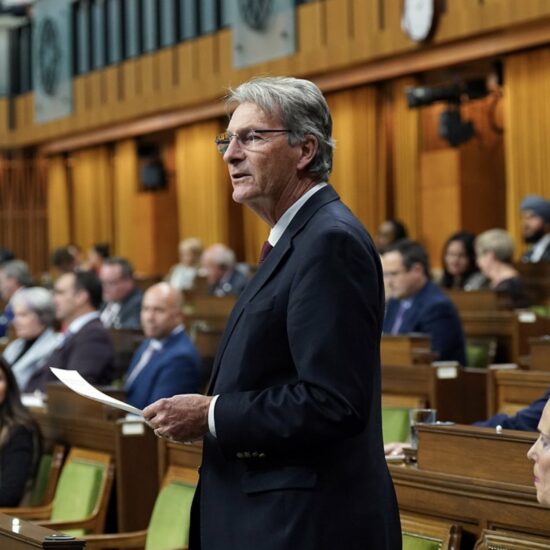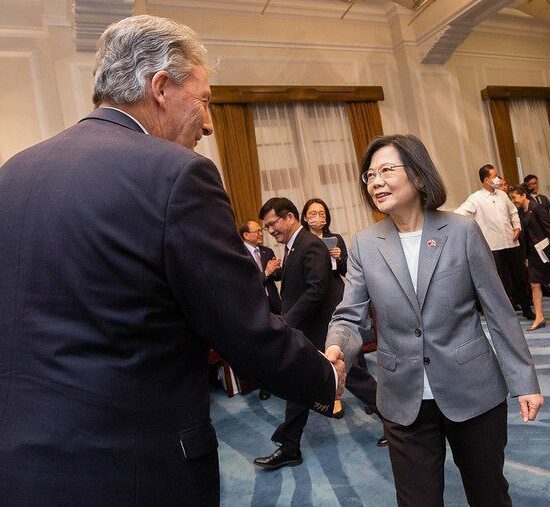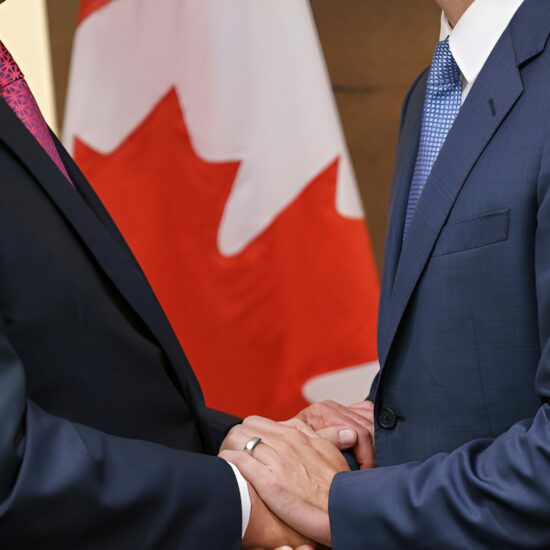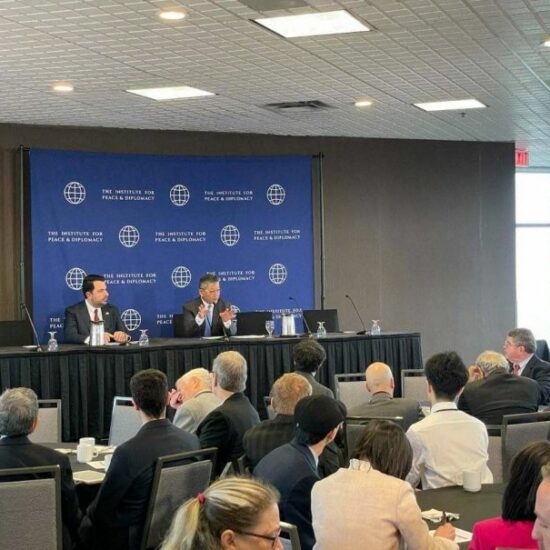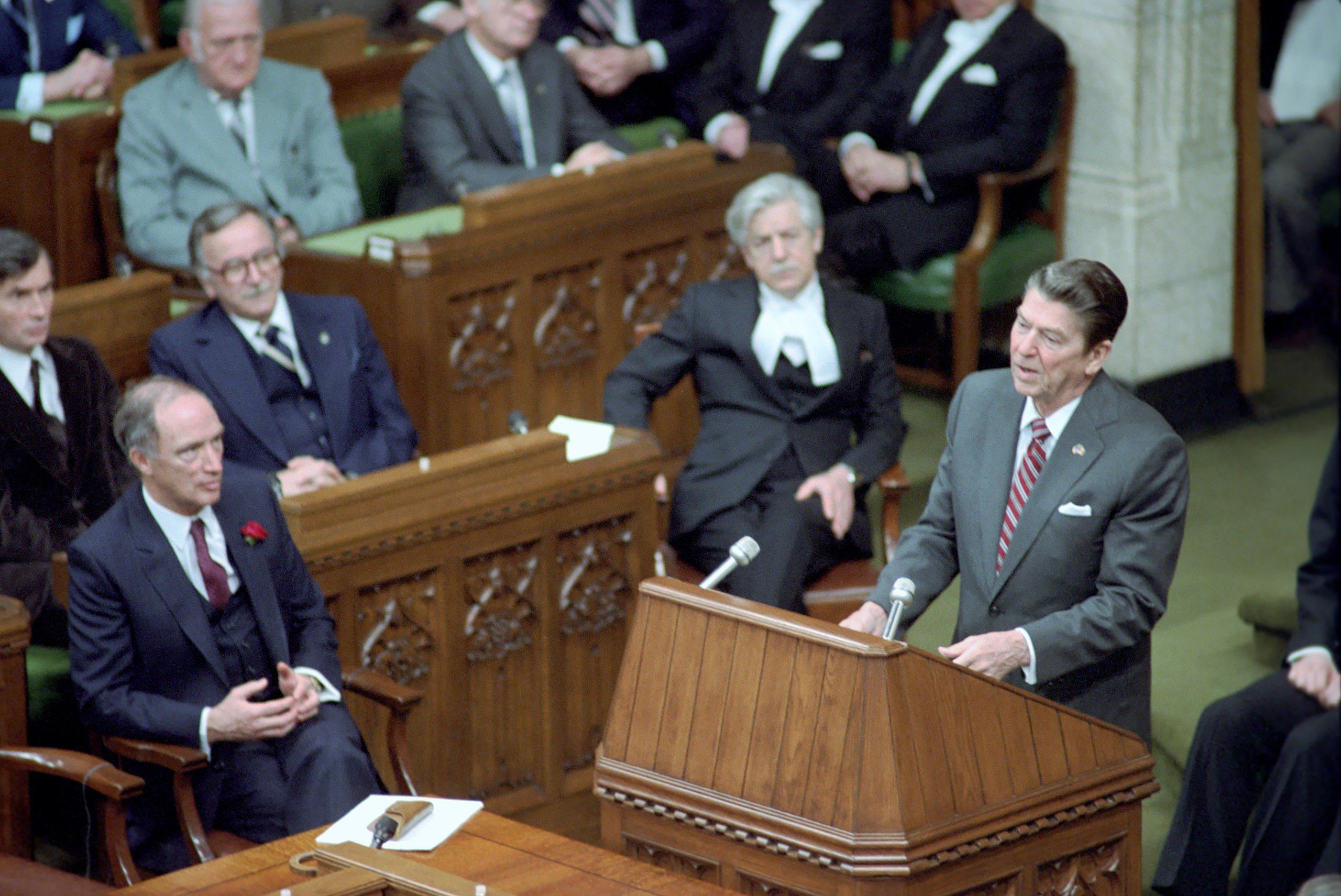
Image credit: National Archive Catalogue
By Adam Chapnick
This article is published as part of IPD’s project, Canada’s Interests in a Shifting Order.
The Institute for Peace & Diplomacy’s newly launched project, dedicated to exploring Canadian interests in a multipolar world, marks the fifth generation of public calls to reconsider Canada’s global posture to better reflect the “national interest.” Yet while debates over the future of Canadian foreign policy are always welcome, the real debate, it seems to me, should focus on how those interests are operationalized in the contemporary context.
The original call to dedicate external affairs to the defence and promotion of the national interest came from the Canada First movement of the 1870s. At the time, the idea of a Canadian foreign policy as we know it today was unthinkable: the newly formed British dominion had no foreign service, no serious instruments of national power that could be extended beyond its borders, and no legal right to autonomy on the world stage.
The Canada Firsters advocated an independent voice for Canada within a united Empire, an approach that framed Canadian national interests in political and economic terms while recognizing that the defence of the Empire would be impossible without British leadership.
In 1935, the historian Frank Underhill recalled the Canada First movement in an article in the Canadian Journal of Economics and Political Science titled, plainly, “The conception of a national interest.” By then, the Statute of Westminster had made it possible for Canada to differentiate itself from Great Britain more obviously in its foreign policy. The powerful mandarin, O.D. Skelton, led a fast-growing Department of External Affairs in Ottawa, while Canadian diplomatic representatives reported to him from their posts in London, Washington, Paris and Tokyo.
Underhill was less concerned with statecraft than with the gradual accumulation of wealth and power in Canada among a small group of capitalist financiers. His call for attention to the national interest emerged as a rejection of liberal capitalism inspired by the scholarship of the American historian, Charles A. Beard, in his books The Idea of National Interest (1934) and The Open Door at Home (1935).
The Second World War all but ended such debates as a widespread consensus emerged about Canada’s role in the world.
Scholars have legitimately disputed the luminosity of what some have called the golden age in Canadian foreign policy, but throughout the 1940s and into the 1950s there can be no denying that Canadians largely agreed on their greatest security threat (communism), on their country’s role in the world (an independent, engaged member of the UN, NATO and the Commonwealth), and on the national approach to the global economy (a proponent of strong international institutions of economic governance).
It was a rejection of what came to be known as Pearsonian internationalism by Pierre Elliott Trudeau in the late 1960s that spawned the third generation of calls to rethink Canada’s foreign policy priorities in national interest terms.
In a 1967 memo to then-Minister of Justice Trudeau, senior mandarin Allan Gotlieb decried the internationalism of the previous twenty years as “immature” and even “false.”
Upon forming a government, Trudeau and his personal foreign policy advisor, the former diplomat Ivan Head, recast Canadian engagement abroad as what 1970’s Foreign Policy for Canadians called the “pursuit of national aims and interests in the international environment.” Their effort to change course didn’t stick, however, and a reinvigorated liberal internationalism persisted for a quarter century.
The national interest lexicon next re-emerged most prominently in the early 21st century in a report by the Canadian Defence and Foreign Affairs Institute (now the Canadian Global Affairs Institute), a keynote address by Gotlieb himself, and a book by the historian and political staffer Roy Rempel. All three urged Canadians to accept, and indeed embrace, the overwhelming importance of the United States to Canadian national security, prosperity and independence.
For these thinkers, the Chrétien government’s promotion of Canadian values abroad was a distraction from Ottawa’s primary responsibilities in the conduct of statecraft. However briefly, Canada’s engagement in Afghanistan appeared to mollify their concerns.
IPD’s project is inspired by recent calls for yet another re-examination of Canada’s national interests by analysts like the Balsillie School’s Ann Fitz-Gerald (who will serve as the project’s co-chair), the retired brigadier-general Don Macnamara, and the former senator Hugh Segal. While I sympathize with their concerns, I wonder about their emphasis.
Is there not already a general national consensus that Ottawa has a role to play in maintaining Canada’s security at home and abroad; in promoting and defending Canadian autonomy in the conduct of foreign and domestic affairs; and in the facilitation and maintenance of economic prosperity across the country? That these efforts are made easier by a positive Canadian international reputation appears similarly clear.
What matters, then, is how Ottawa prioritizes its interests when they are in conflict with one another, as well as the level of Canada’s and Canadians’ global ambition.
How should Ottawa respond, for example, if its most important partner and ally deliberately undermines elements of the international order that have kept Canadians safe, secure and prosperous for so many years?
How much leadership must Canadians really exert on the world stage to defend and protect the interests of the state? Might followership at times be enough? If so, when?
Producing answers to these questions will not be easy and establishing a national consensus around them even less so. But beginning with a recognition that there is in fact much more agreement on Canada’s basic national interests than critics let on would be a good place to start.
Adam Chapnick (@achapnick) is the deputy director of education at the Canadian Forces College in Toronto and a professor of defence studies at the Royal Military College of Canada.

